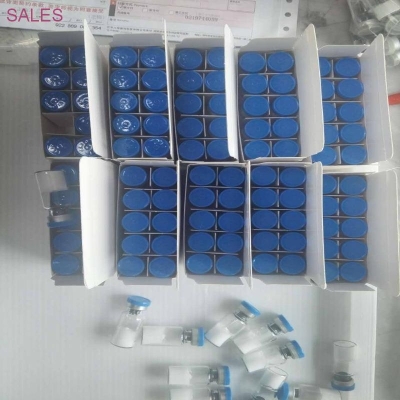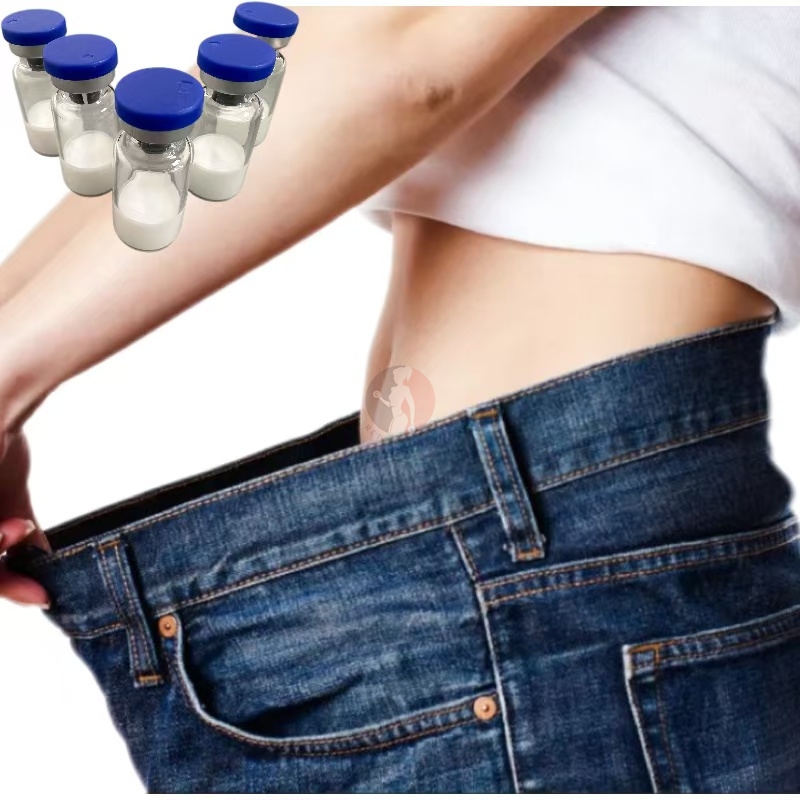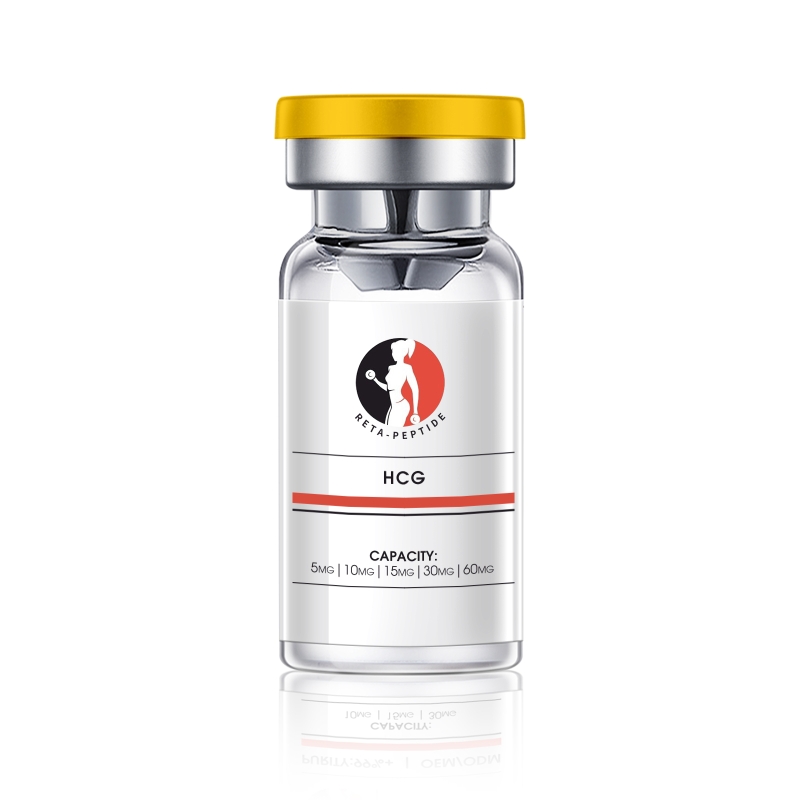-
Categories
-
Pharmaceutical Intermediates
-
Active Pharmaceutical Ingredients
-
Food Additives
- Industrial Coatings
- Agrochemicals
- Dyes and Pigments
- Surfactant
- Flavors and Fragrances
- Chemical Reagents
- Catalyst and Auxiliary
- Natural Products
- Inorganic Chemistry
-
Organic Chemistry
-
Biochemical Engineering
- Analytical Chemistry
-
Cosmetic Ingredient
- Water Treatment Chemical
-
Pharmaceutical Intermediates
Promotion
ECHEMI Mall
Wholesale
Weekly Price
Exhibition
News
-
Trade Service
The production of (+)-1,3-Butanediol, also known as (R)-1,3-Butanediol, is a critical process in the chemical industry.
It is a versatile chemical that is used in a wide range of applications, including the production of plastics, solvents, and antifreeze.
The production process of (+)-1,3-Butanediol involves several steps, including fermentation, distillation, and purification.
Fermentation is the first step in the production of (+)-1,3-Butanediol.
It involves the use of microorganisms, such as bacteria or yeast, to convert sugars or other organic compounds into (+)-1,3-Butanediol.
Fermentation is a complex process that requires careful control of factors such as temperature, pH, and nutrient availability to ensure optimal growth of the microorganisms and production of (+)-1,3-Butanediol.
After fermentation, the (+)-1,3-Butanediol is collected and subjected to distillation.
Distillation is a process that involves heating the (+)-1,3-Butanediol to produce a vapor that is then condensed back into a liquid.
This process separates the (+)-1,3-Butanediol from any impurities that may be present, such as water or other organic compounds.
Once the (+)-1,3-Butanediol has been purified through distillation, it is typically subjected to further processing to remove any remaining impurities.
This may involve the use of chemical treatments or filtration techniques.
The purified (+)-1,3-Butanediol is then ready for use in a variety of applications.
One of the key advantages of the production process of (+)-1,3-Butanediol is its high yield.
By carefully controlling the fermentation process and using advanced purification techniques, it is possible to produce (+)-1,3-Butanediol with a high degree of purity and consistency.
This makes it an ideal choice for use in a wide range of applications, including the production of plastics and solvents.
Another advantage of the production process of (+)-1,3-Butanediol is its low environmental impact.
Since it is produced through fermentation, it does not rely on the use of harmful chemicals or processes that could have negative environmental consequences.
Additionally, the purification process employed in its production ensures that any impurities are removed without the use of harsh chemicals.
Overall, the production process of (+)-1,3-Butanediol is a complex but highly effective one.
By carefully controlling the fermentation process and using advanced purification techniques, it is possible to produce high-quality (+)-1,3-Butanediol that is suitable for a wide range of applications.
As demand for this versatile chemical continues to grow, it is likely that production processes will continue to evolve and improve in order to meet that demand.







